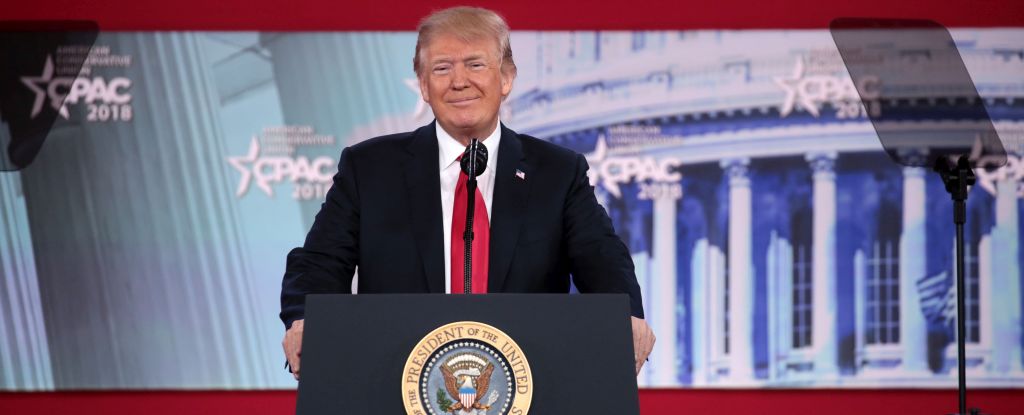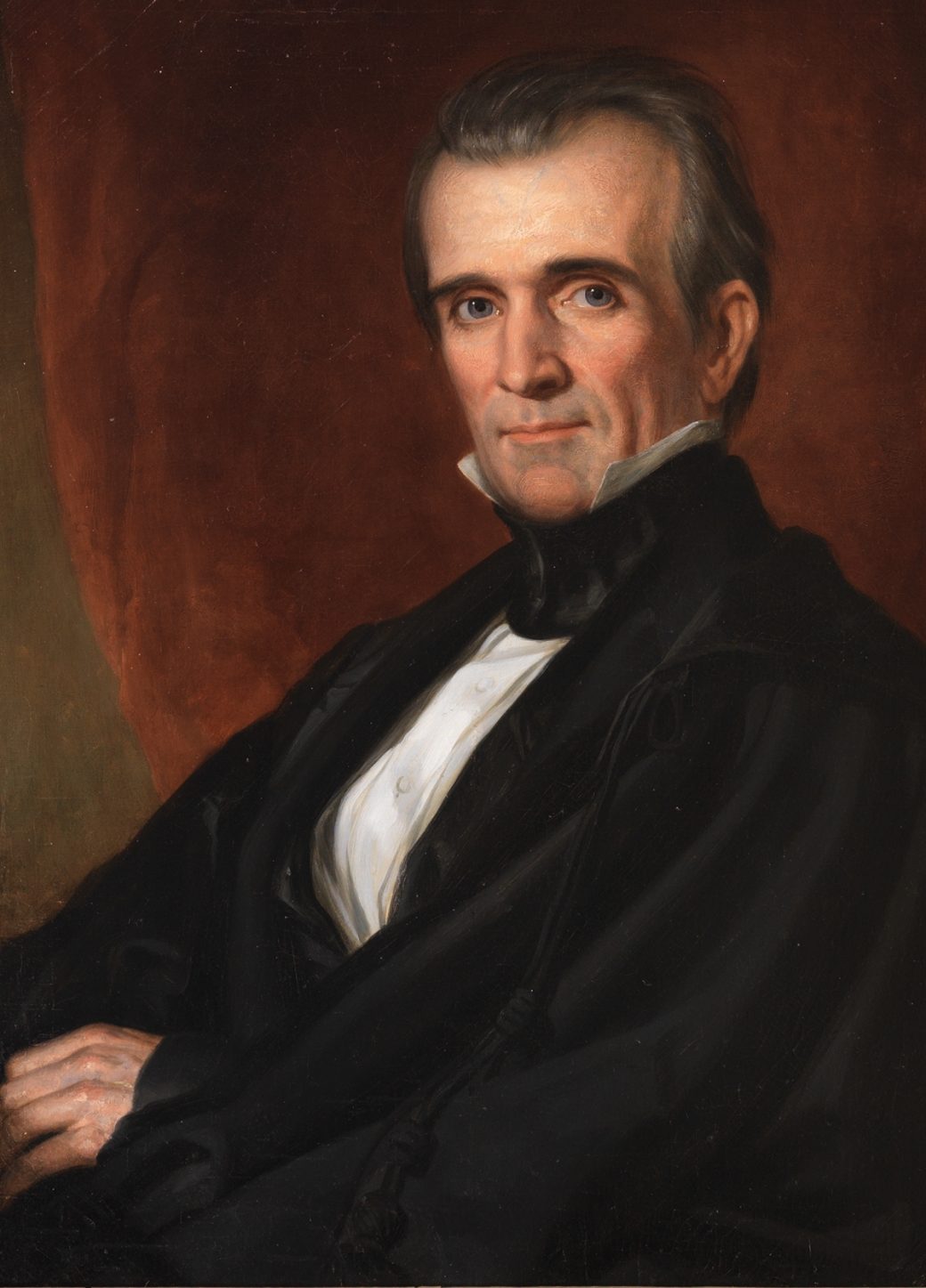Authors:
Historic Era:
Historic Theme:
Subject:
February/March 2021 | Volume 66, Issue 2


Authors:
Historic Era:
Historic Theme:
Subject:
February/March 2021 | Volume 66, Issue 2

If Donald J. Trump — not a contemplative thinker, not a devoted reader, no friend of scholars — were to consider the class of humankind who would be the least favorable evaluators of his personal conduct and political career, he might very well conjure up a group who respect precedent, revere introspection, salute consistency of thought, worship the truth, and think deeply.
It is his bad luck that that is the very definition of the academic historians who will write the biographies and accounts of his presidency and his times.
These academic historians very likely will consider him vulgar, impetuous, and — fortified by the example of January 6, 2021, when he incited a mob to riot at the Capitol — dangerous to American values, democratic institutions, and the rule of law. And though it is impossible to know the environment in which future history will be written, it is unlikely that in decades to come the 45th president will win high regard, or merit even a low-passing grade, among the group most predisposed in the entire universe to find his behavior and record repellent.

That does not mean that they will find him irrelevant or, an important factor at least for popular historians, uninteresting. Doris Kearns Goodwin once told me that she wouldn’t want to spend five years on a biography of James Buchanan because she wouldn’t want to live with him for that amount of time.
But Donald Trump? With real estate businesses, casinos, golf resorts, an airline, a “university,” a retail collection of silk ties, and a line of beef steaks — along with a term in the White House and years of examining whether his predecessor, Barack Obama, were born in Kenya — he may be an irresistible, though formidable, feast for the historians of the future. Don’t expect a short book.
These historians will, to be sure, find him wanting, in two elements that can be traced to the president who remains, nearly a century later, as the chief executive against whom all his successors, and many of his predecessors, are measured. For it was Franklin Delano Roosevelt who argued that the presidency was “pre-eminently a place of moral leadership.”
In that regard Mr. Trump fell short by any reasonable measure. And it was the 32nd president himself who in his landmark 1933 Inaugural Address said that he was speaking in what he called “preeminently a time to speak the truth, the whole truth, frankly and boldly.” Though one contemporary critic described FDR as “blathering platitudes like